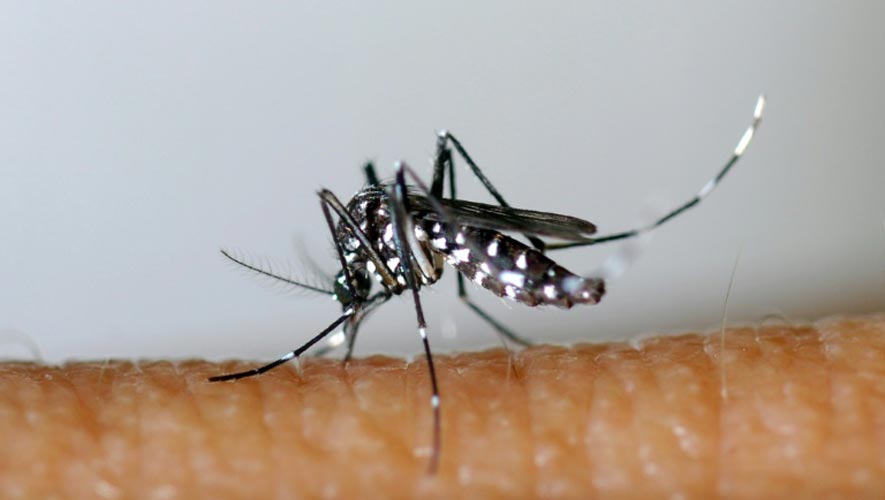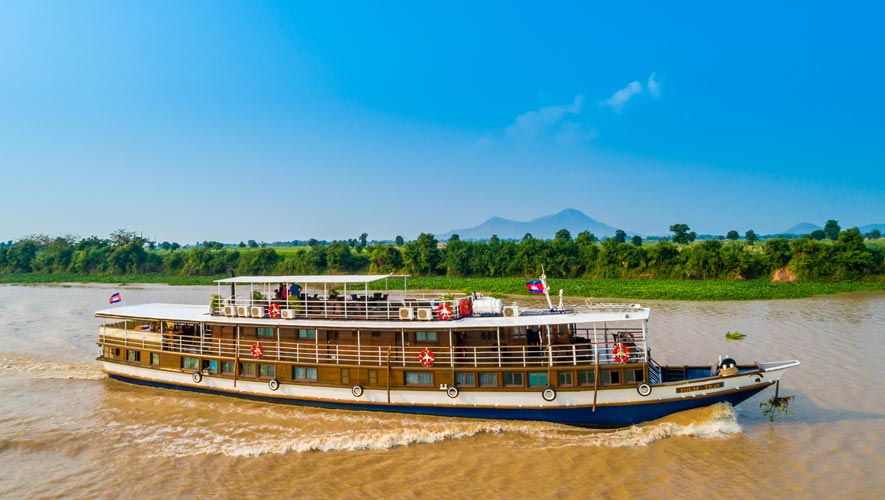Malaria is a disease that is caused by parasites.
For the latest Cambodian Business news, visit Khmer Times Business
The parasites can enter the body through a mosquito bite of the anopheles mosquito that mainly lives in the subtropics.
In most cases of malaria, patients suffer from fever, headache, chills and muscle aches on average 10 to 14 days after being infected.
Some forms of malaria can be fatal within a few weeks if the infected person is not treated.
A few weeks ago, RTL News in The Netherlands reported that malaria parasites that are resistant to the main anti-malaria drug are spreading rapidly through Southeast Asia.
Researchers warn of the consequences. “This can cost millions of lives,” they said.
The anti-malaria drug investigated consists of the two different agents, dihydroartemisinin (DHA) and piperaquine. The drug is one of the most-used malaria treatments in the world.
Research from the University of Oxford and Mahidol University, that appeared recently in the medical journal The Lancet, shows that a large number of the malaria mosquitoes that carry the parasite in Cambodia, Thailand and Vietnam are resistant to both of these drugs.
Dutch scientists also participated in the research. Research coordinator Dr Rob van der Pluijm explains: “Of the 100 people treated with this medicine, 50 people return with the same symptoms within six weeks. That is a very high number.”
For comparison, according to the World Health Organization (WHO), treatment must be adjusted if 10 percent of treatments fail.
According to Van der Pluijm, the findings can have disastrous consequences. “Today, more than 400,000 people die of malaria each year, especially children in Sub-Saharan Africa,” he says.
The resistance has not yet been found in Sub-Saharan Africa, but there is a fear that the resistant parasite will spread to India and Bangladesh and then cross the water to that part of Africa. “It can take millions of lives there,” Van der Pluijm adds.
There is no immediate cause for concern for holidaymakers who are in malaria regions of Southeast Asia. “Many tourists in malaria areas are taking medication to prevent the disease. These drugs are different from the drugs used to treat malaria and are still effective prevention,”says Van der Pluijm. “If you do get sick and get a fever, it is always advisable to consult a doctor locally.”
It is not the first time that resistance has developed for a medicine against malaria. In the 1960s and 70s this was discovered with a different medicine. “This resistance also started in Cambodia and then spread to parts of Africa where it has cost millions of lives. That is why it is now very important to permanently eradicate malaria in Cambodia, Vietnam and Thailand,” says Van der Pluijm.
According to the scientists, the treatment method with DHA-piperaquine must be adjusted as quickly as possible in Southeast Asia.
The medicine is still being given in Vietnam. “We gave them advice to stop taking this drug, but it is not easy to change this overnight. Hopefully this publication will contribute to this.
“In addition, we are working hard on new treatments. In recent years we have tested a drug combination of three drugs instead of two in the same countries and that proved to be completely effective,” says Van der Pluijm. The results of this medication combination will be published later this year.
“That can be done, for example, by giving everyone in a village the same effective anti-malaria drug. That way every form of malaria is immediately suppressed.”
In April this year the WHO published that one of the six countries that make up the Greater Mekong sub-region, namely Cambodia, continues to commit to eliminating malaria before 2030 through a call for action at the ministerial level throughout the sub-region. In the last five years, the sub-region has more than halved the number of malaria cases and reduced deaths by more than 80 percent. Cambodia has the ambitious target to eliminate all human malaria in its territory by 2025.
Cambodia has remarkable achievements to celebrate this year. The country had zero malaria-related deaths last year. Moreover, the number of infections caused by Plasmodium falciparum, the deadliest type of malaria, decreased by almost 30 percent compared with 2017.
At the same time, we must look toward the remaining challenges. In Cambodia, malaria primarily affects forest-goers in rural areas. Ensuring access to malaria prevention, diagnosis and treatment for them is crucial and furthers Cambodia’s commitment to universal health coverage.
The Ministry of Health of Cambodia and the WHO fully support empowering communities to drive malaria elimination.
They work in Koh Nhek, one of the few remaining areas where Cambodians are still afflicted by the disease.
Eliminating malaria from these final areas will be a significant milestone not only for the Greater Mekong sub-region, but also for the world.
Cambodia’s success will be a beacon for other countries and areas in the Western Pacific region to end the deadly disease.
Benjamin is a business consultant based in China




